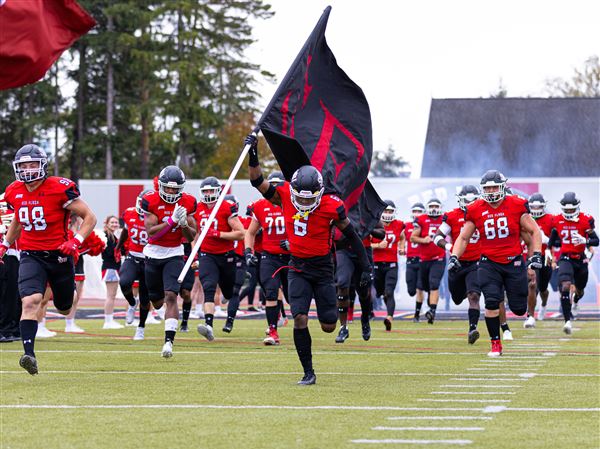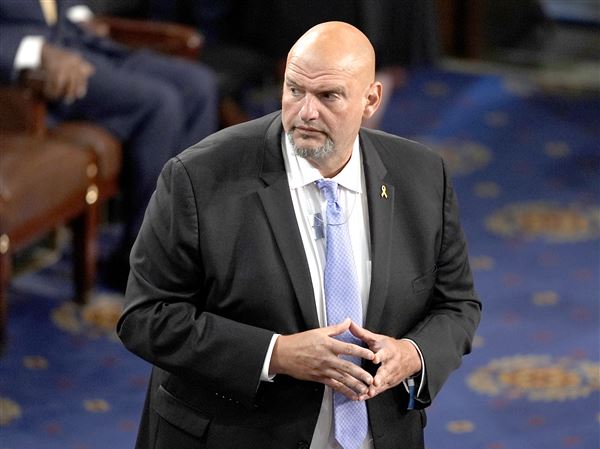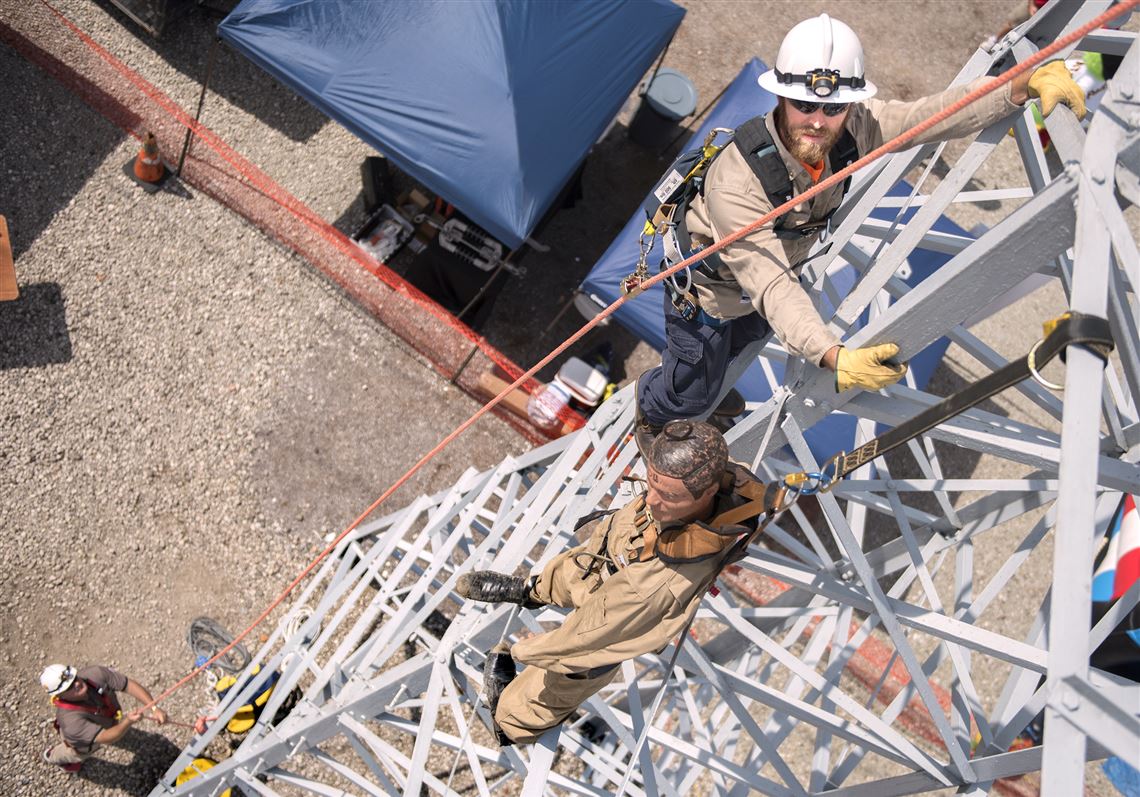Duquesne Light Co. has selected an engineering firm to begin construction next year of an experimental microgrid on its Woods Run facility and Preble Service Center, a project that energy researchers say has the potential to dramatically alter the power grid in Pittsburgh.
Kansas City, Mo.-based Burns and McDonnell recently won the chance to help Duquesne Light build a power generation and distribution network to support its 21.5-acre campus on the North Side, one of the utility’s engineers told an industry conference at the University of Pittsburgh on Monday. A Duquesne Light spokeswoman confirmed the development.
Duquesne Light shared its progress with dozens of engineers, professors and students gathered at the 11th annual Electric Power Industry Conference. It was the same venue that the Pittsburgh electric utility used last year to announce it would partner with the school’s engineering program to pursue a microgrid, which is a smaller grid powered by locally based generation like solar panels or natural gas turbines.
The current design, drawn up by Burns and McDonnell, depends largely on natural gas, according to information shared by Russ Profaizer, a senior manager of engineering for Duquesne Light. The system is expected to draw power from three natural gas generators, each with a capacity of 800 kilowatts.
Additionally, the utility plans two rooftop solar installations totaling 100 kilowatts each, as well as a wind turbine to generate a small amount of power. Three large-scale batteries would provide storage for the solar and wind generation, and provide back-up power.
Burns and McDonnell could not be reached for comment.
After the announcement last year, the utility sought technical guidance from 10 engineering firms, Mr. Profaizer said. In May, Eaton Corp., completed a feasibility study and helped the utility draft an initial design.
“There’s no standard off-the-shelf microgrid that exists today,” Mr. Profaizer said.
Originally planned to be operational by 2017, the project was moved back a year to give engineers more time to consider the right blending of technologies, he said. The utility also expanded the project to include Preble Service Center, adjacent to Woods Run.
Richard Riazzi, the utility’s president and chief executive, told conference participants he is pleased with how the project is progressing. He suggested that neighboring facilities like the State Correctional Institution at Pittsburgh and a water treatment facility operated by Alllegheny County Sanitary Authority could eventually be customers.
But Mr. Riazzi said state regulations need to catch up if microgrids are to work on a large scale.
In one issue, Pennsylvania utilities were forced to sell all their power plants decades ago when the state deregulated power generation. That means utilities make their money when power flows through their wires, and microgrids would disrupt that.
The microgrid project, one of the first of its kind in Pennsylvania, could influence state policy, he said.
“Given all the complicated parts (of installing microgrids) ... we can tease out what the technical issues are, what the economic issues are, what the regulatory issues may be,” he said.
Daniel Moore: dmoore@post-gazette.com or 412-263-2743.
First Published: November 15, 2016, 5:00 a.m.

















